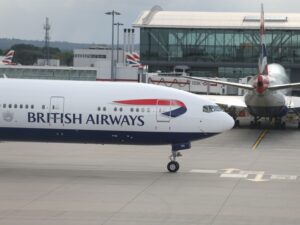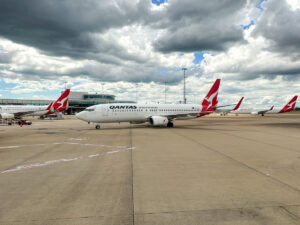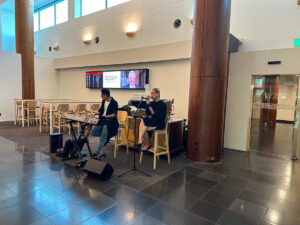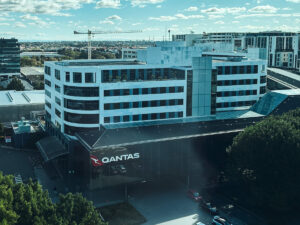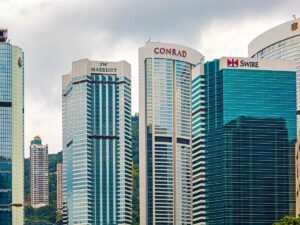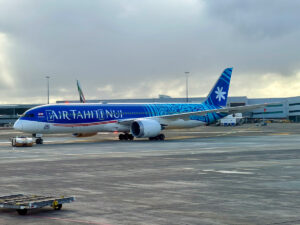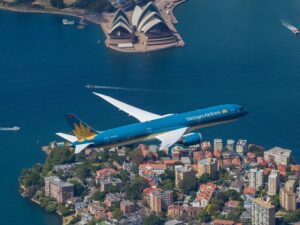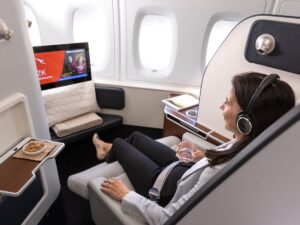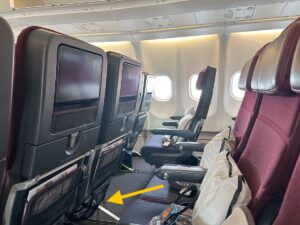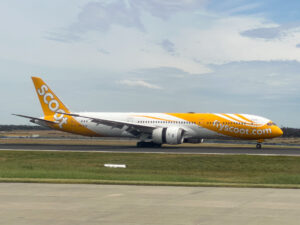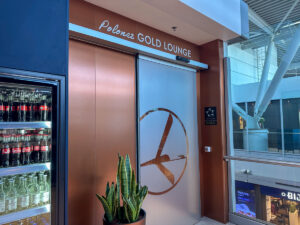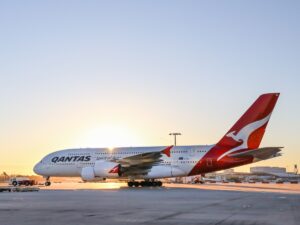
Once upon a time, when you redeemed frequent flyer points for a reward flight, you didn’t have to pay anything on the side. Then, in the mid-1990s, airlines started to pass on third-party airport charges and government taxes.
In the following decade, with fuel prices on the rise, airlines started introducing “fuel surcharges” which customers booking reward flights also had to pay using money, on top of the points.
Unfortunately, airlines never really removed those “fuel surcharges” on reward flight tickets – even as fuel prices subsided. But many airlines have started calling them by different names. For example, Qantas removed fuel surcharges from commercial and award tickets on 1 July 2015… but on the same day implemented “carrier charges” that applied only to award bookings.
Happily, to this day, some airlines still don’t add extra “junk” fees onto the cost of reward tickets. These include airlines like Avianca, Fiji Airways, Alaska Airlines, United, Air New Zealand, South African Airways and (for the most part) American Airlines. Several years ago, Air Canada and Singapore Airlines even removed their reward flight surcharges.
But at the other end of the spectrum, Emirates now charges almost $4,000 in extra taxes & charges when you redeem Emirates Skywards miles – or Qantas points – to book a return Business or First Class reward ticket from Australia to Europe. That’s absurd.
Sadly, most airlines don’t publish these surcharge amounts in a way that’s easy to find, either. But there are some exceptions. Velocity Frequent Flyer, ANA Mileage Bank, Japan Airlines Mileage Club and Finnair Plus are four airline programs that do this.

Contents
So, what do airlines call these charges?
As I wrote recently, it’s really important for consumers that airlines are transparent about the cost of reward seats. That way, frequent flyers can easily compare costs between programs and hold airlines to account when they make negative changes.
I think it’s also important for airlines to be honest with their customers about the nature of their fuel surcharges, carrier charges… or whatever else the airline decides to call them. That brings me to the topic of today’s article.
I thought it would be interesting to compare how different airlines describe their carrier-imposed surcharges on reward tickets. So, I put together a list:
| Airline | Surcharge description |
|---|---|
| Qantas | Carrier charge |
| Virgin Australia | Carrier charge |
| Qatar Airways | Redemption Fee |
| British Airways | Carrier imposed charge |
| Virgin Atlantic | Carrier imposed international surcharge |
| Cathay Pacific | Fuel surcharge |
| Japan Airlines | Insurance Surcharge/Fuel Surcharge |
| All Nippon Airways | Fuel Surcharge/Insurance Surcharge |
| EgyptAir | Carrier-imposed surcharge |
| Emirates | Carrier imposed charge |
| Turkish Airlines | Fuel surcharge |
| Lufthansa | International/Domestic Surcharge |
| Air France/KLM | Carrier-imposed international surcharge |
| Thai Airways | Fuel surcharge |
| Finnair | Additional surcharge |
Let’s call a spade a spade…
At the end of the day, the name doesn’t really matter. What does matter is that airlines don’t pretend that their own made-up surcharges are legitimate taxes collected by third parties.
To that end, it’s interesting to compare how different airlines try to explain them.
Carrier charges are not real taxes. They go directly to the airline. But the following “Frequently Asked Question” on the Emirates website hardly gives that impression, saying…

How airlines justify reward flight surcharges
Airlines often cite rising costs as a reason to implement or raise carrier charges. They also argue that by adding carrier charges, it allows them to keep the number of points required to book a reward flight lower. And by adjusting carrier charges as needed, airlines say they can ensure the number of points needed for a booking remains consistent.
You may or may not choose to agree with that logic. But it is perhaps worth noting that many of the frequent flyer programs without fuel surcharges no longer publish award charts. Instead, many use dynamic pricing to set the number of points or miles required to book a particular flight – and those point values could change at any time.
At the end of the day, airlines add these extra fees if they think they will be able to get away with it. If frequent flyers don’t (or can’t) protest by switching to other airlines and loyalty programs with lower charges, then indeed they mostly do get away with it.
What do you make of the different names airlines use to describe reward flight surcharges? You can share your thoughts on the AFF forum…
